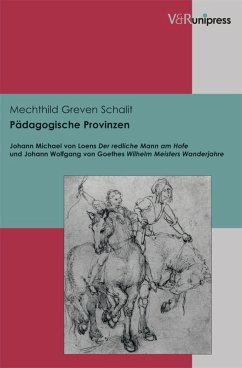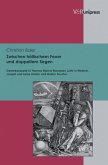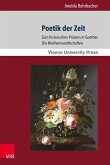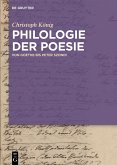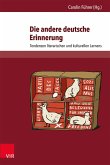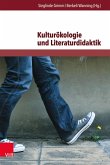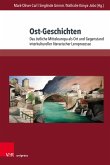The two novels "Der redliche Mann am Hofe" (1740) by Johann Michael von Loen und "Wilhelm Meisters Wanderjahre" (1821/29) by Johann Wolfgang von Goethe are analysed with regard to the theological, philosophical and juridical background. Loen was the great-uncle of Goethe, both of them were born in Frankfurt on the Main and studied law and natural rights. They participated in the discussion of religious positions as Pietism and French Catholicism in confrontation with philosophical ethics and social conceptions. In episodes of the novels and statements in letters or other works the influence of these arguments can be traced. One of the central problems to be resolved was the conflict between man's ehical obligation or moral consciousness and the weakness of his nature. All these suppositions form the historical perspective to interpret Goethe's perceptions of human nature and education as essential elements of the society. So a new view is opened to revalue the ideas of the "Pädagogische Provinz" in Goethe's late novel.
Dieser Download kann aus rechtlichen Gründen nur mit Rechnungsadresse in A, B, BG, CY, CZ, D, DK, EW, E, FIN, F, GR, H, IRL, I, LT, L, LR, M, NL, PL, P, R, S, SLO, SK ausgeliefert werden.

